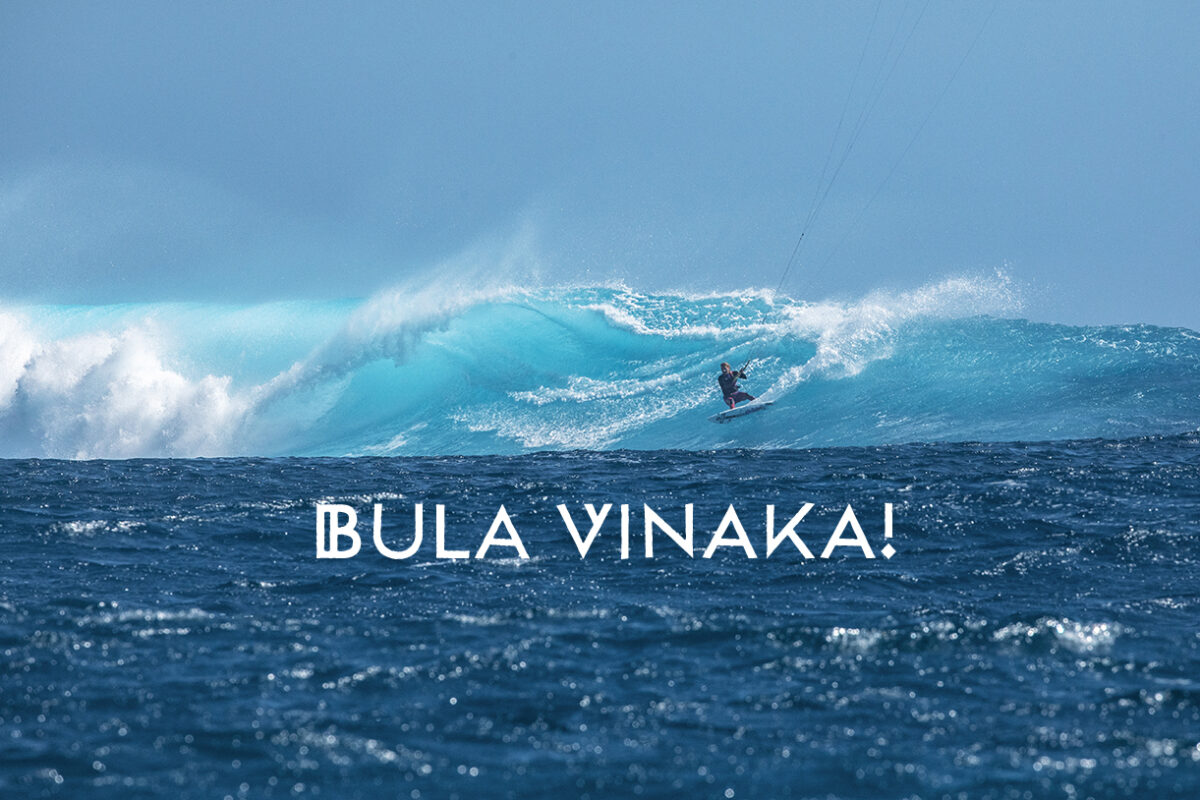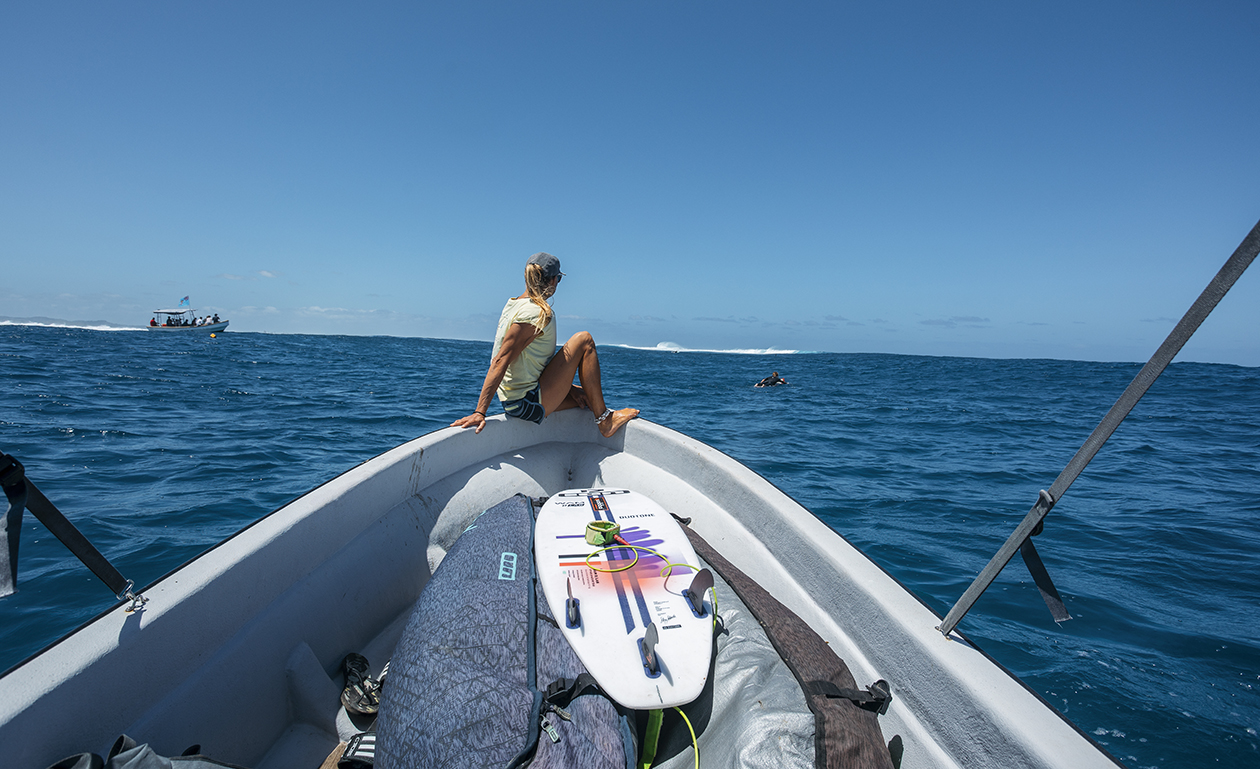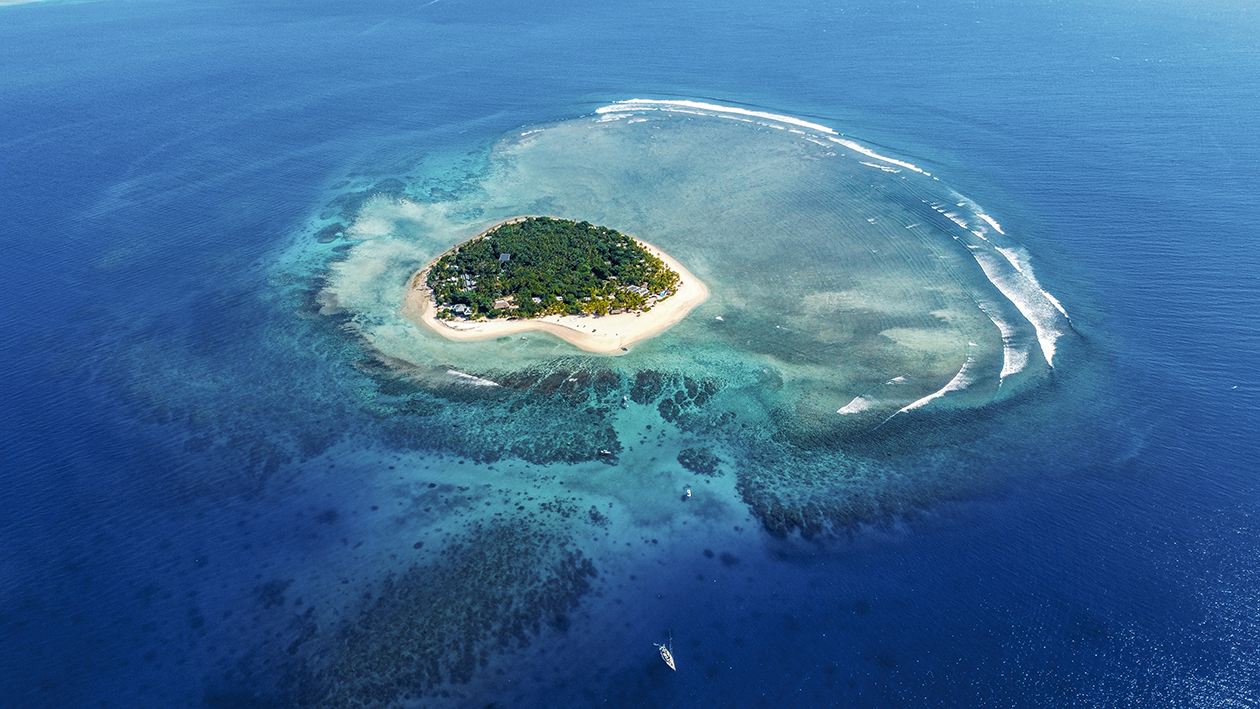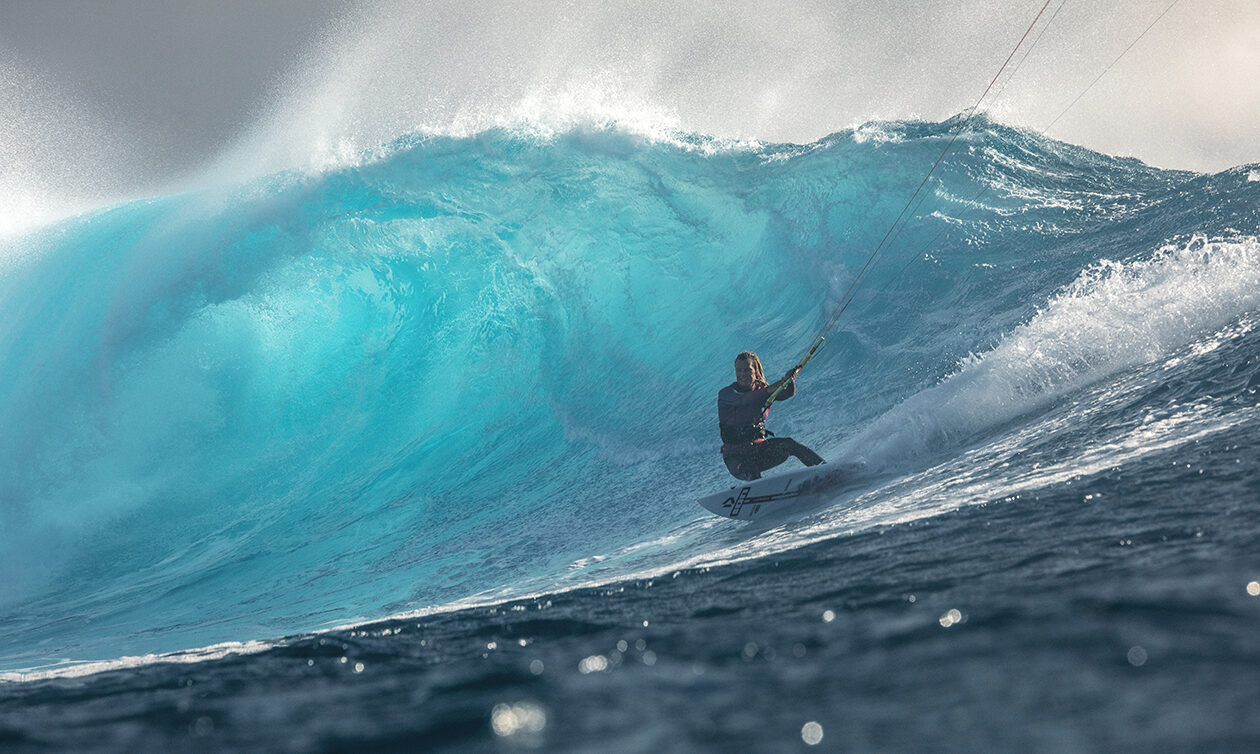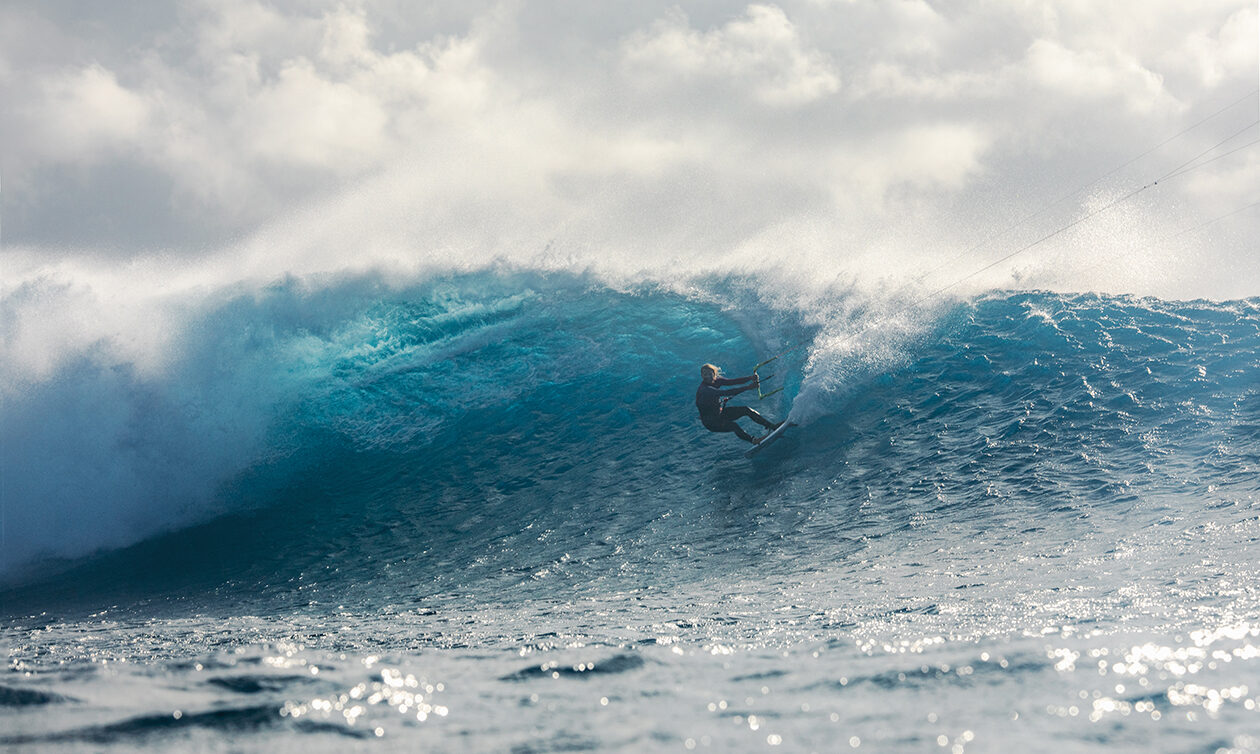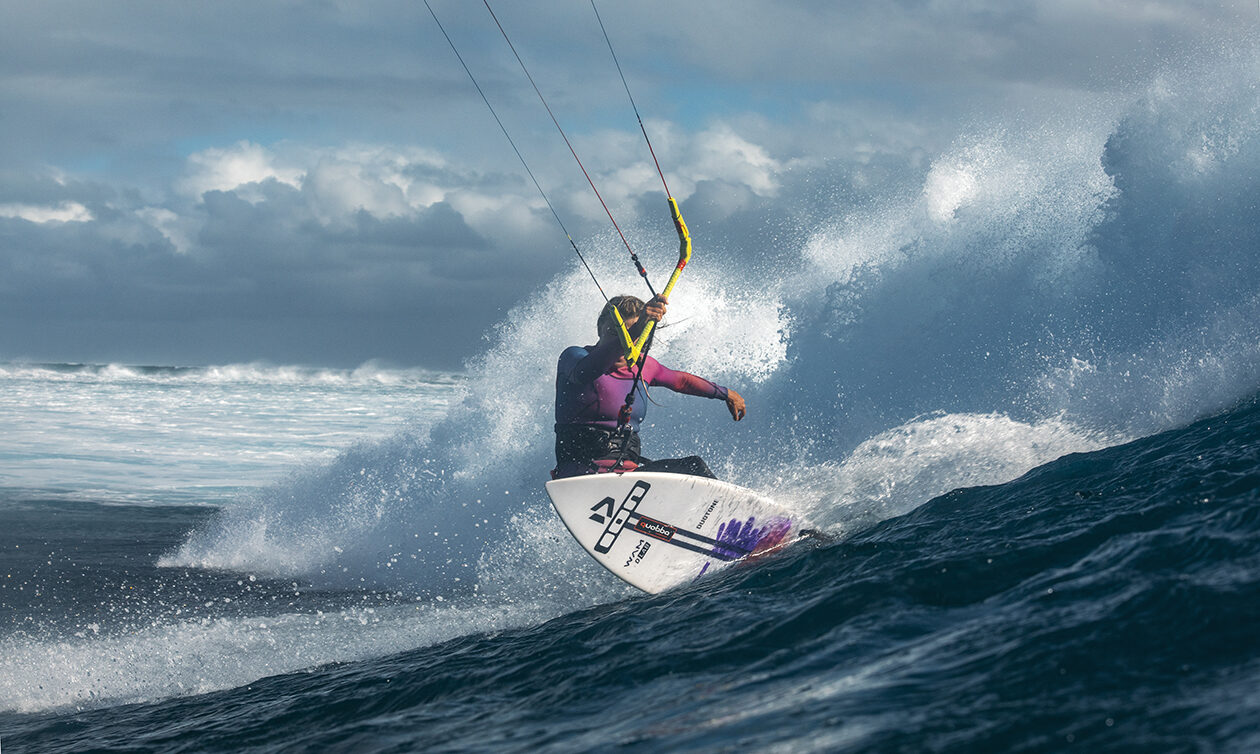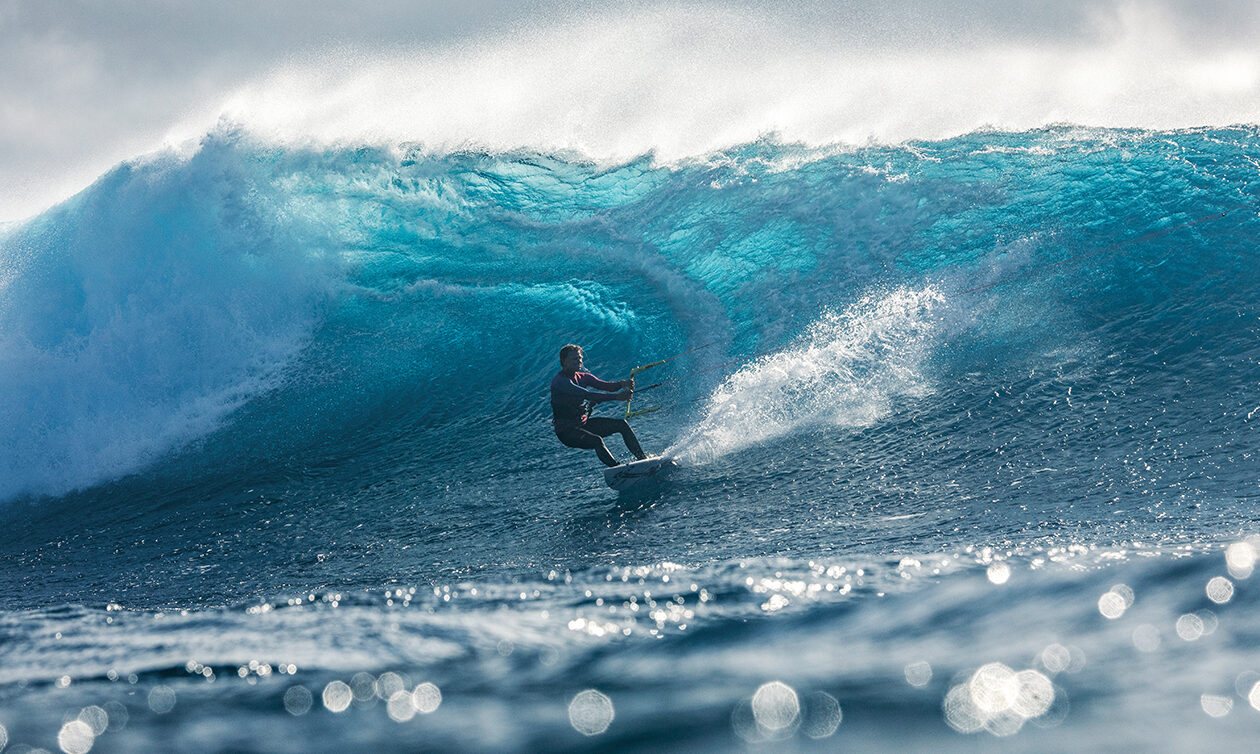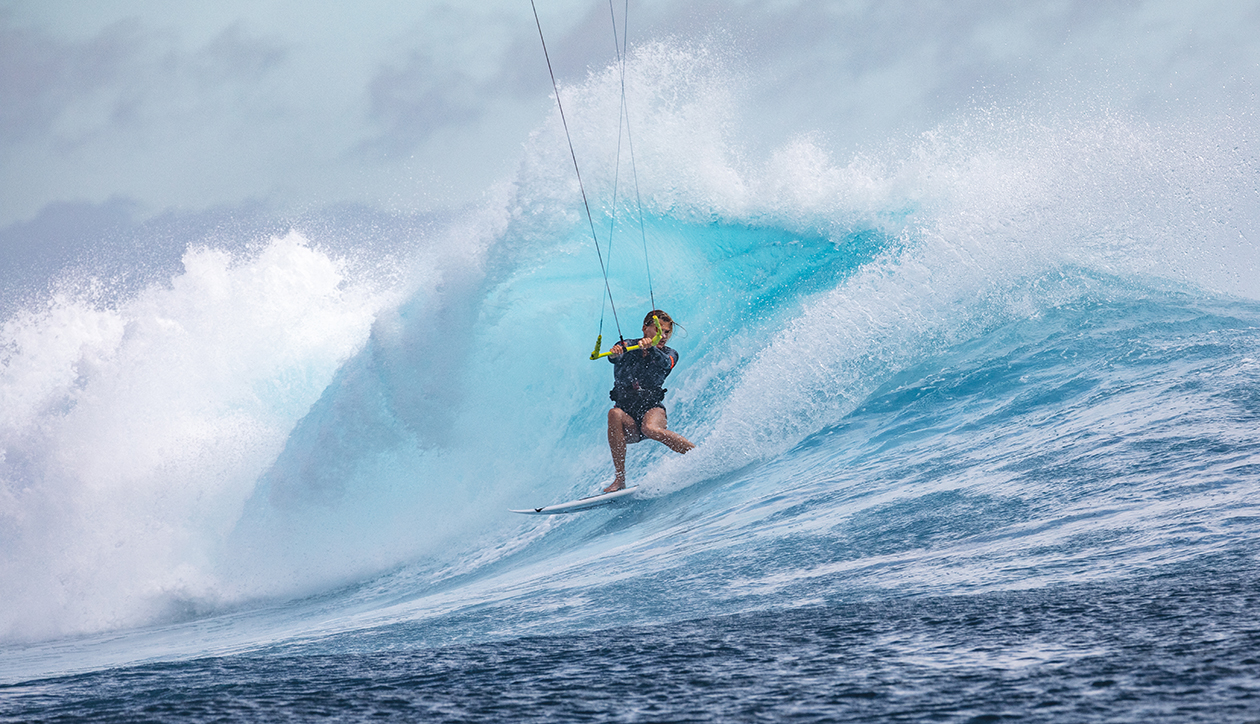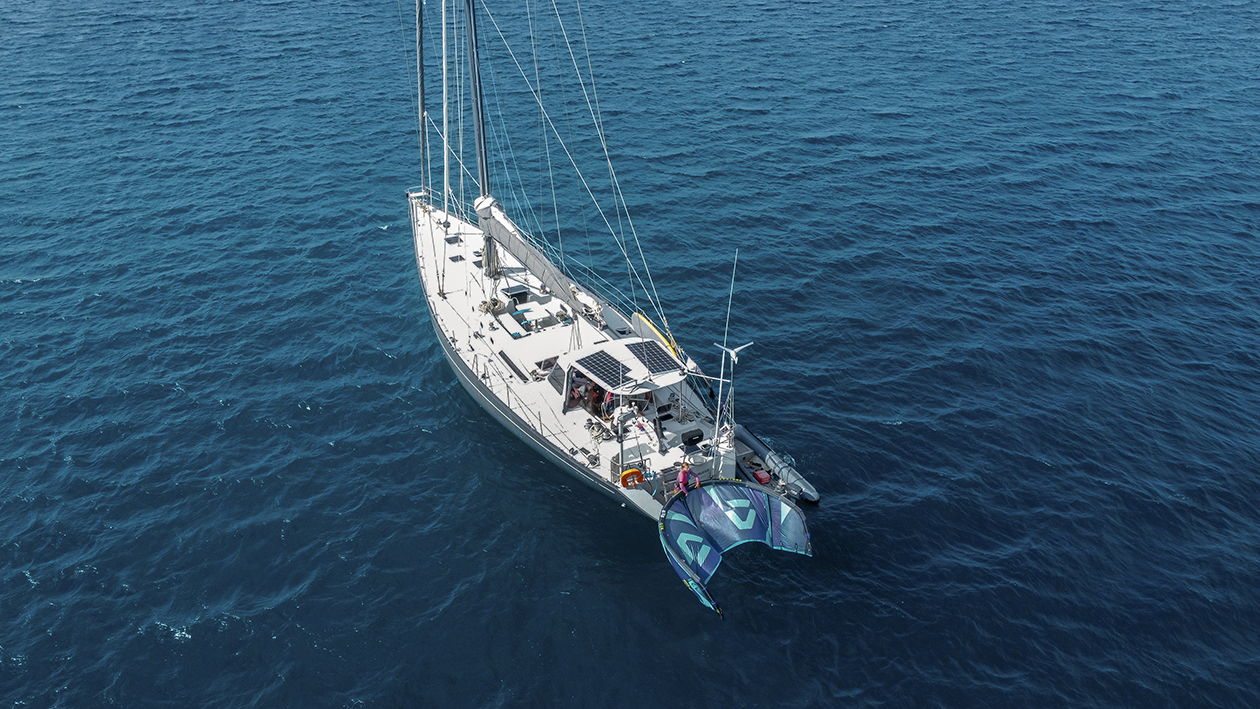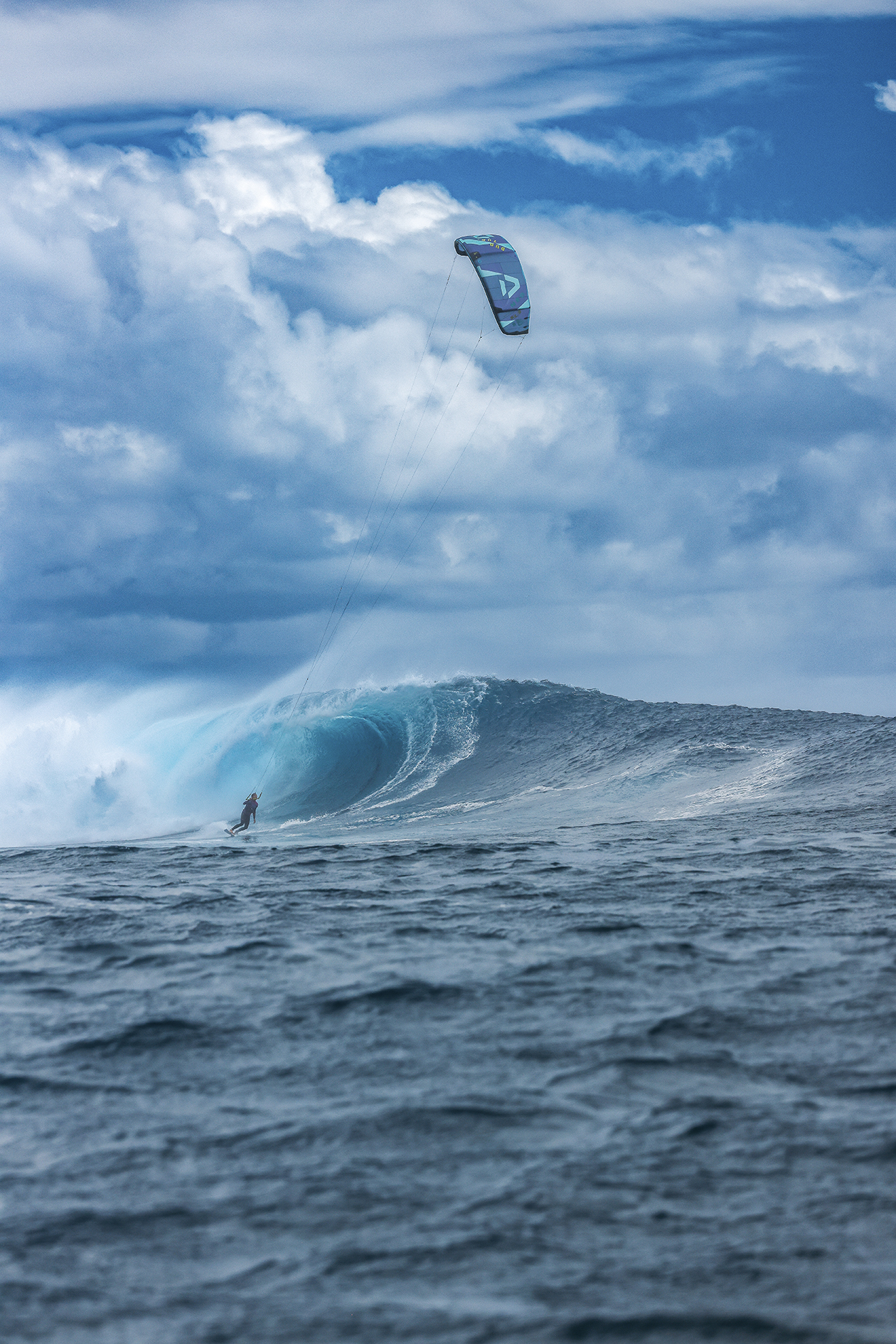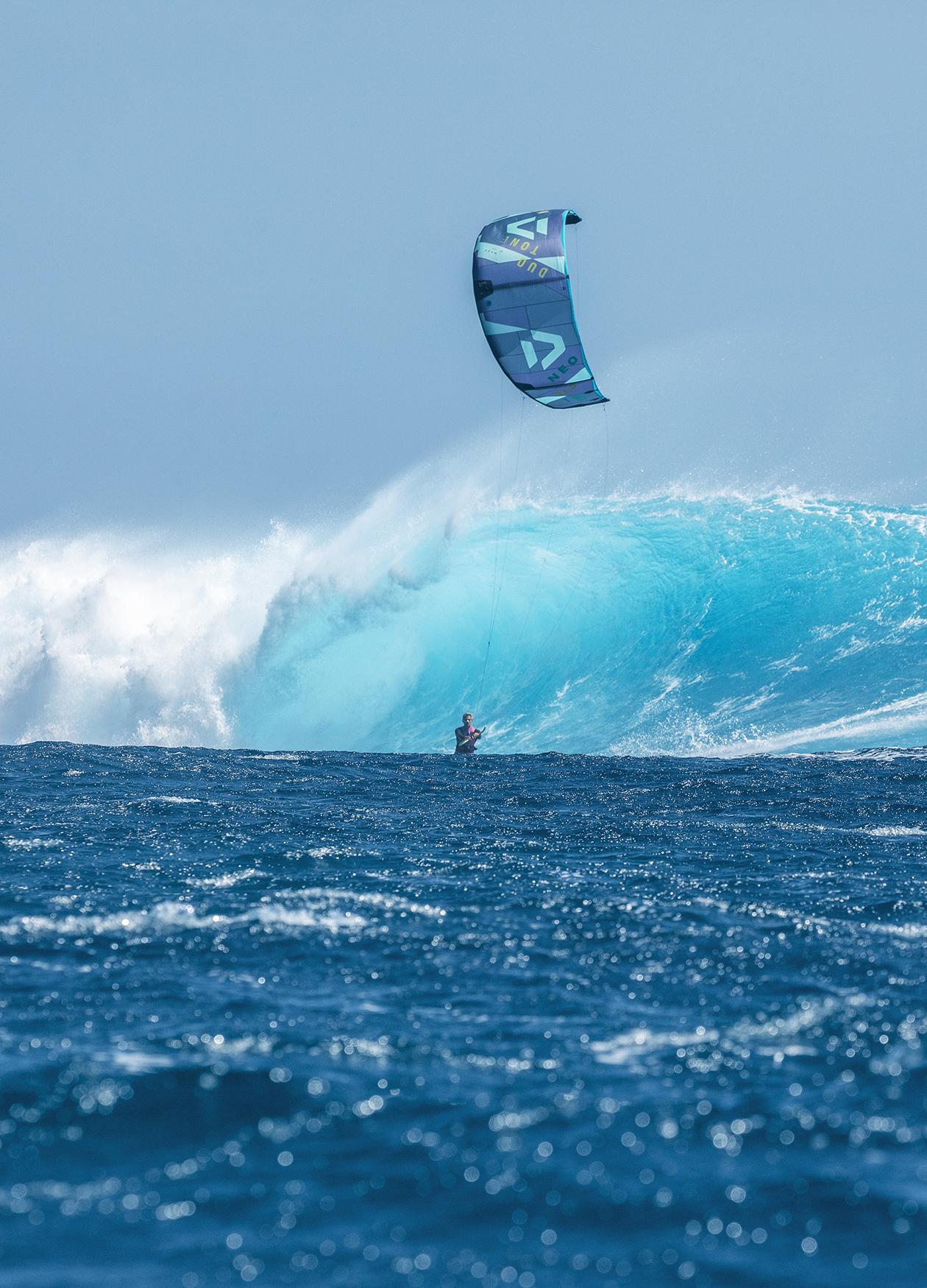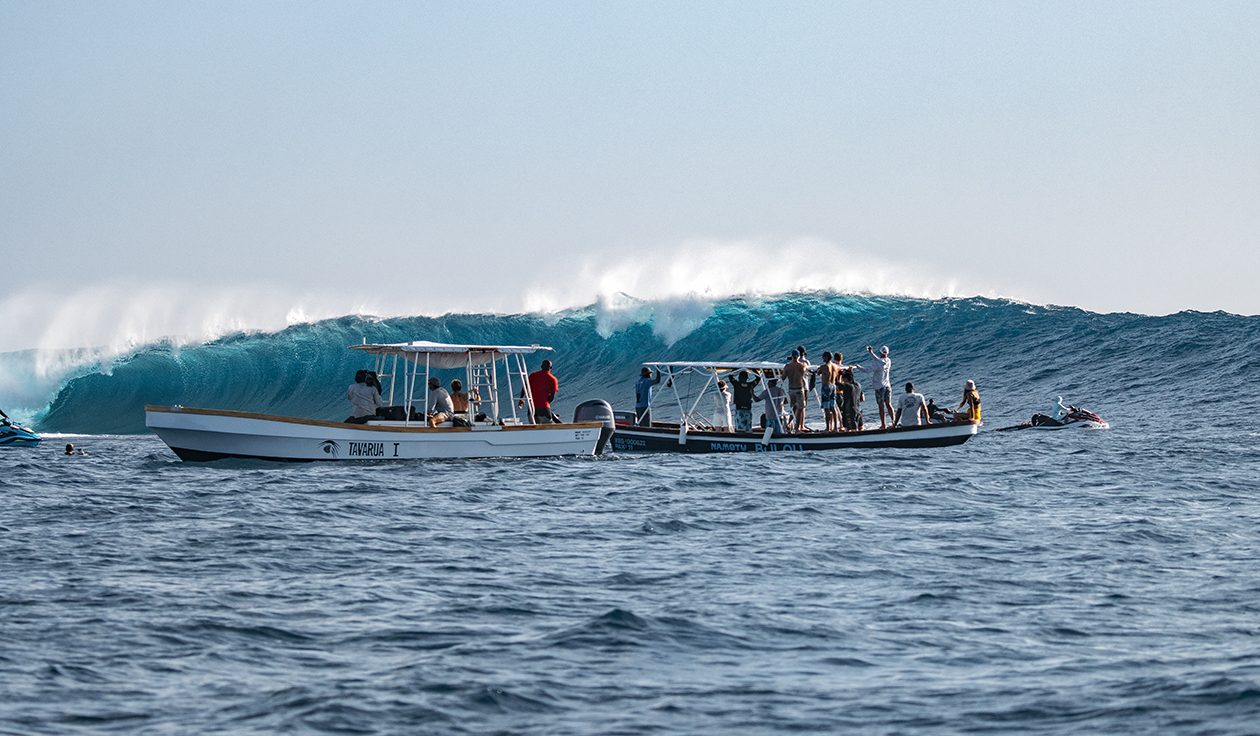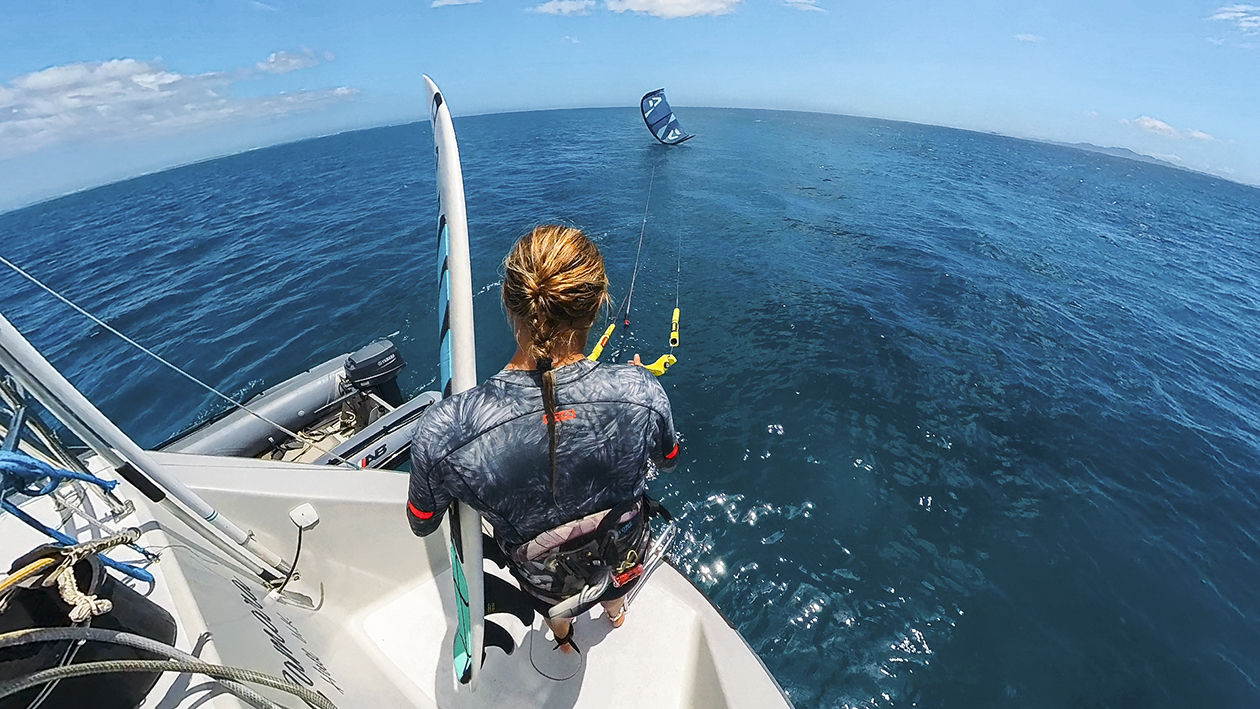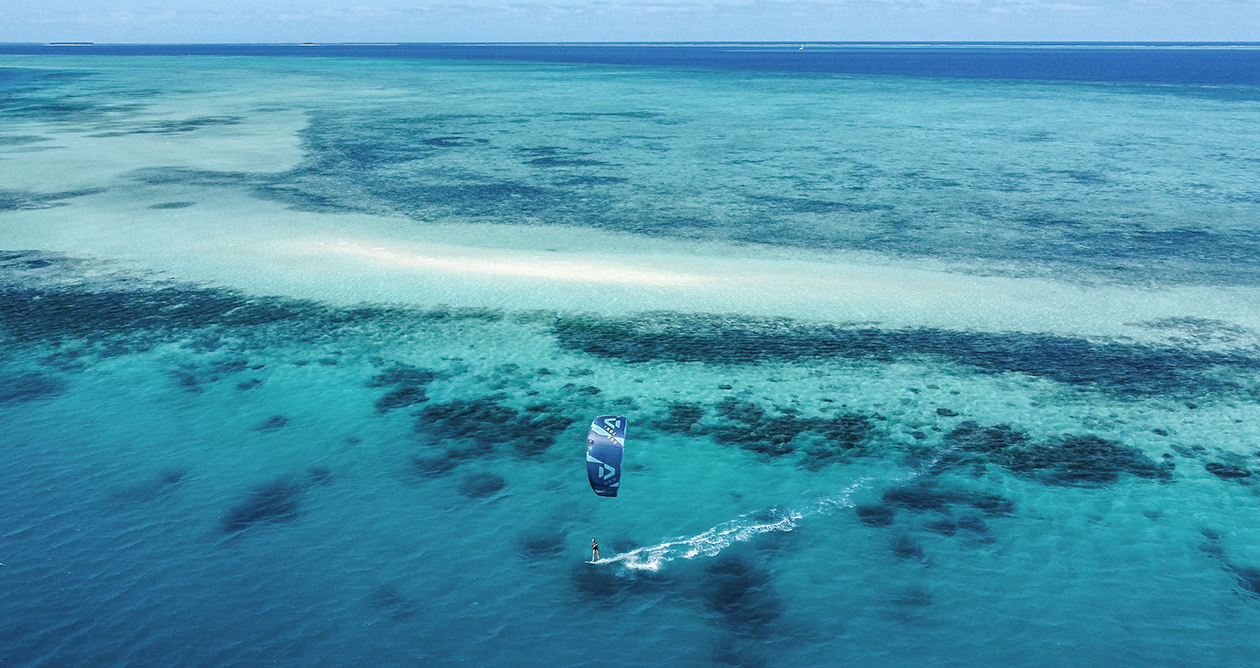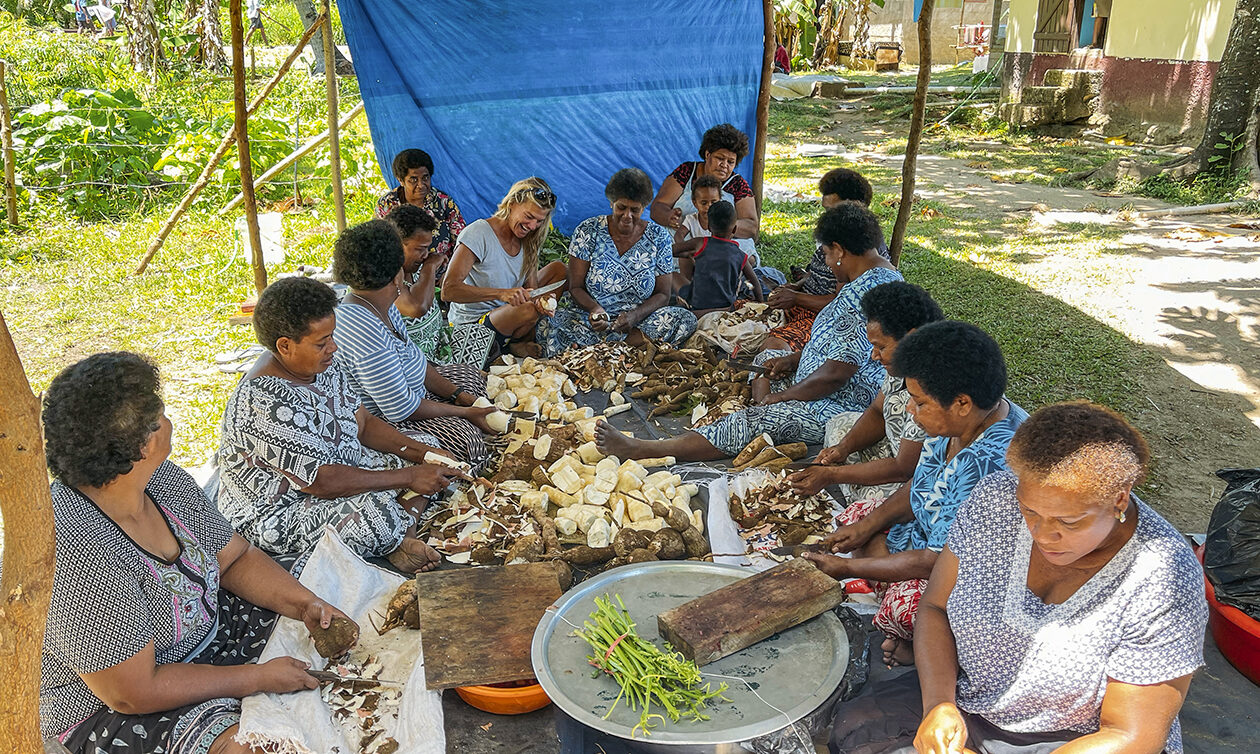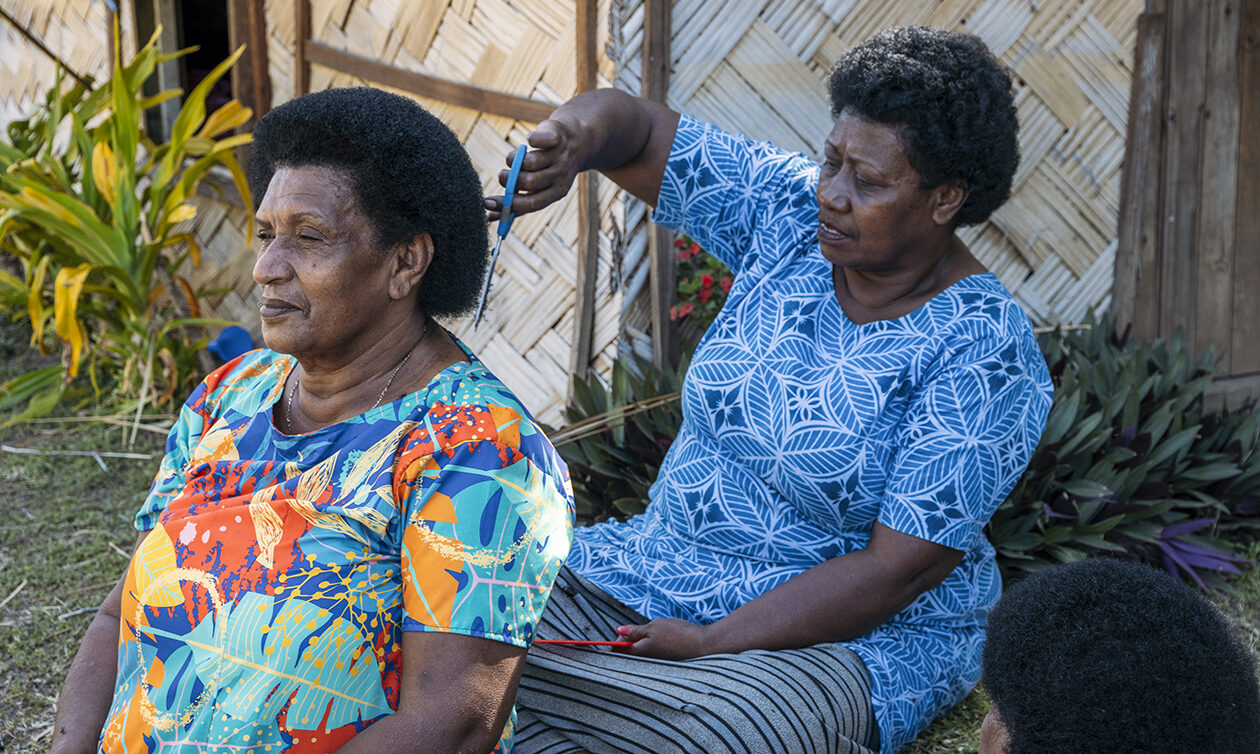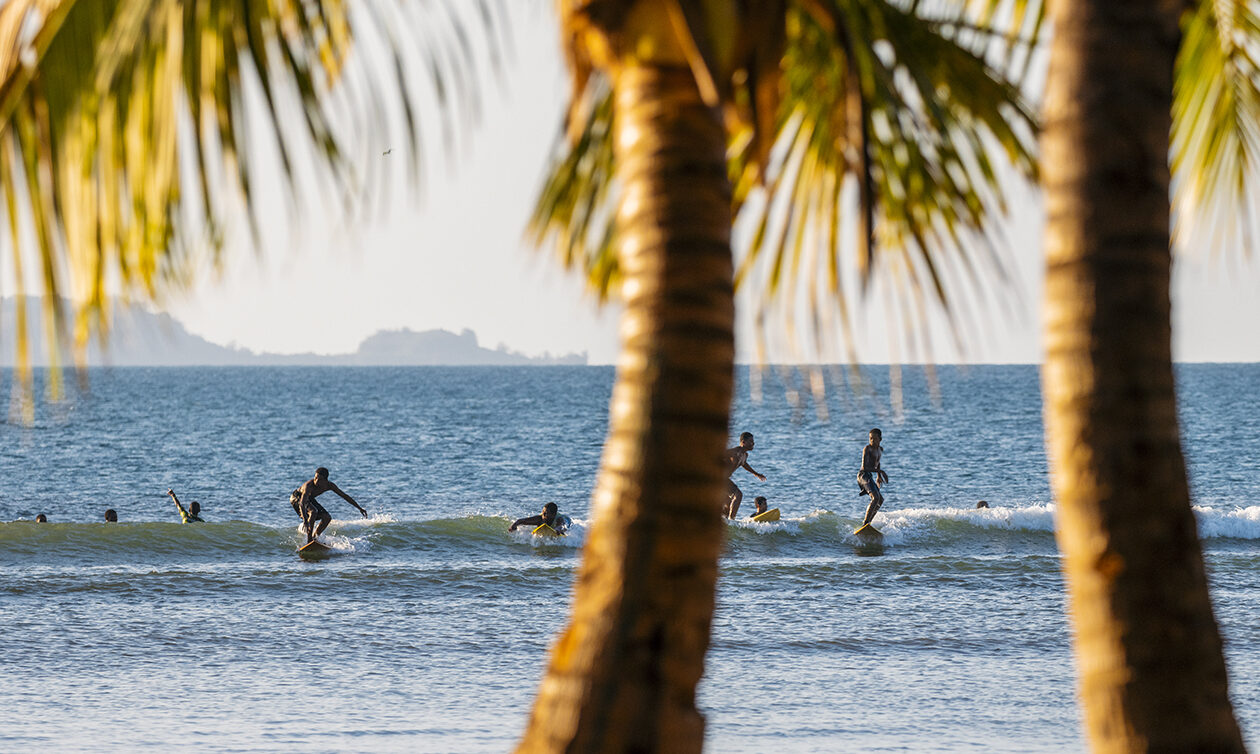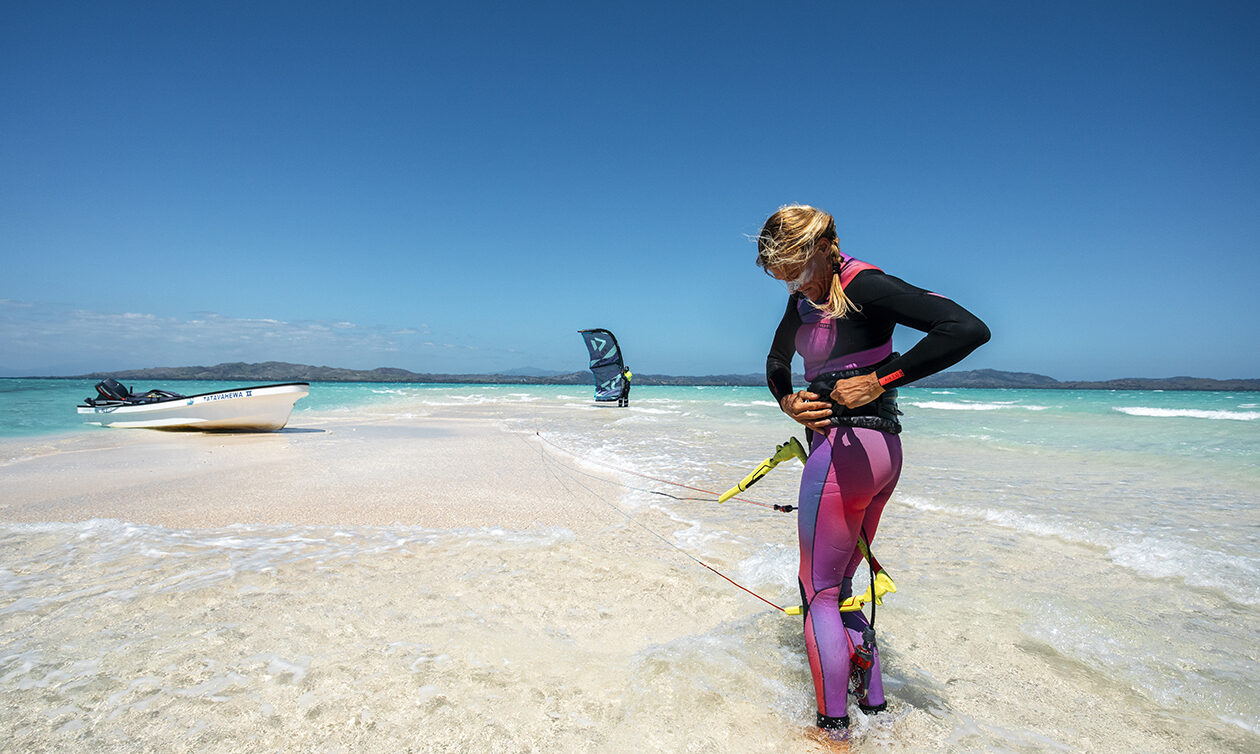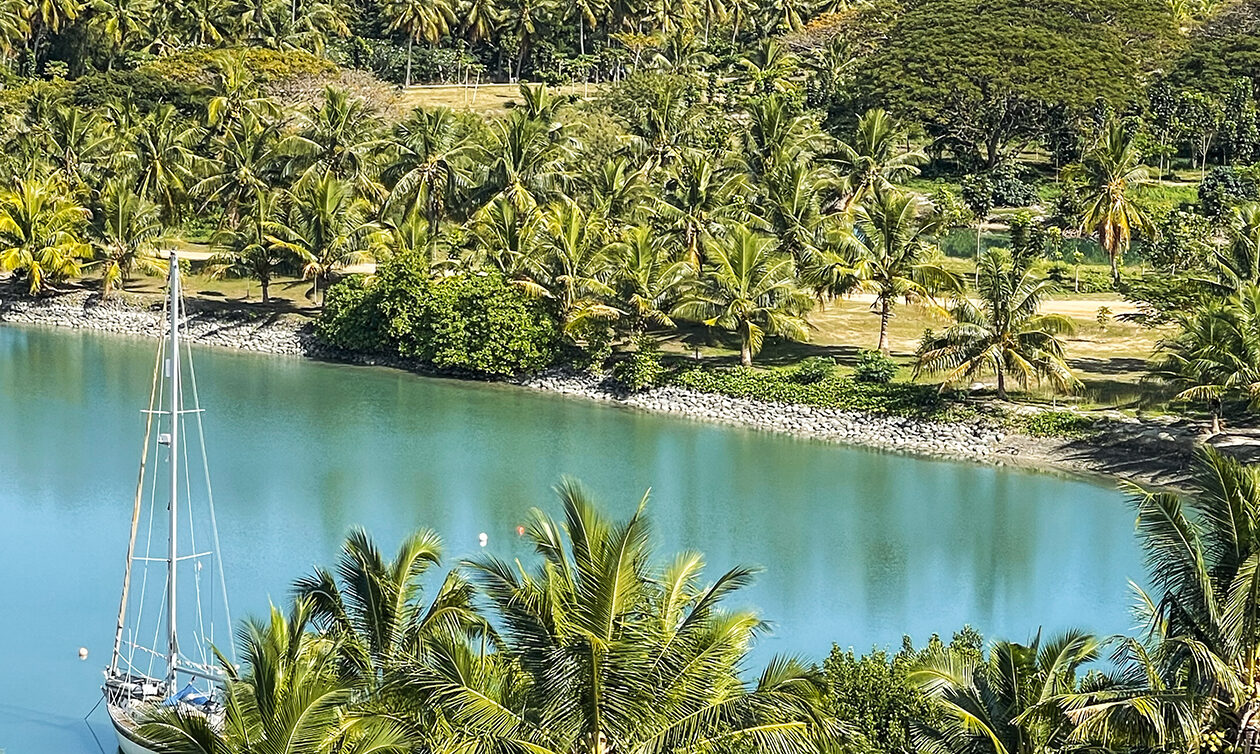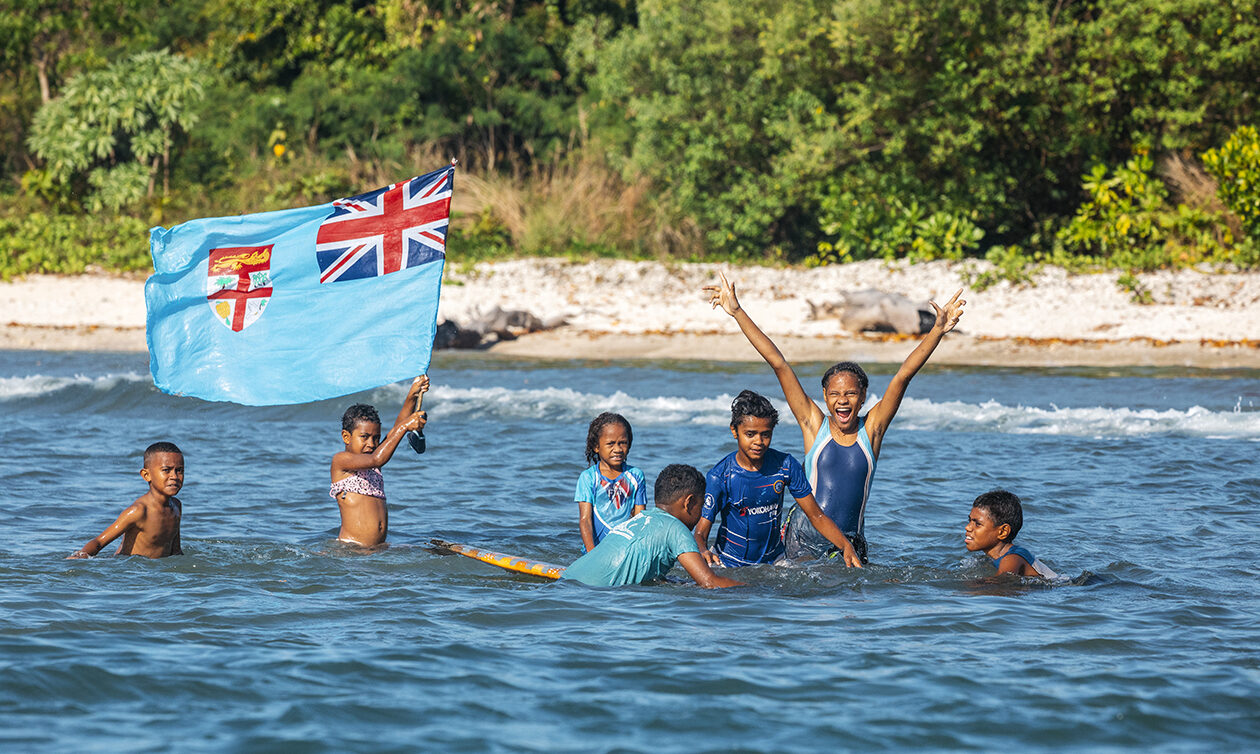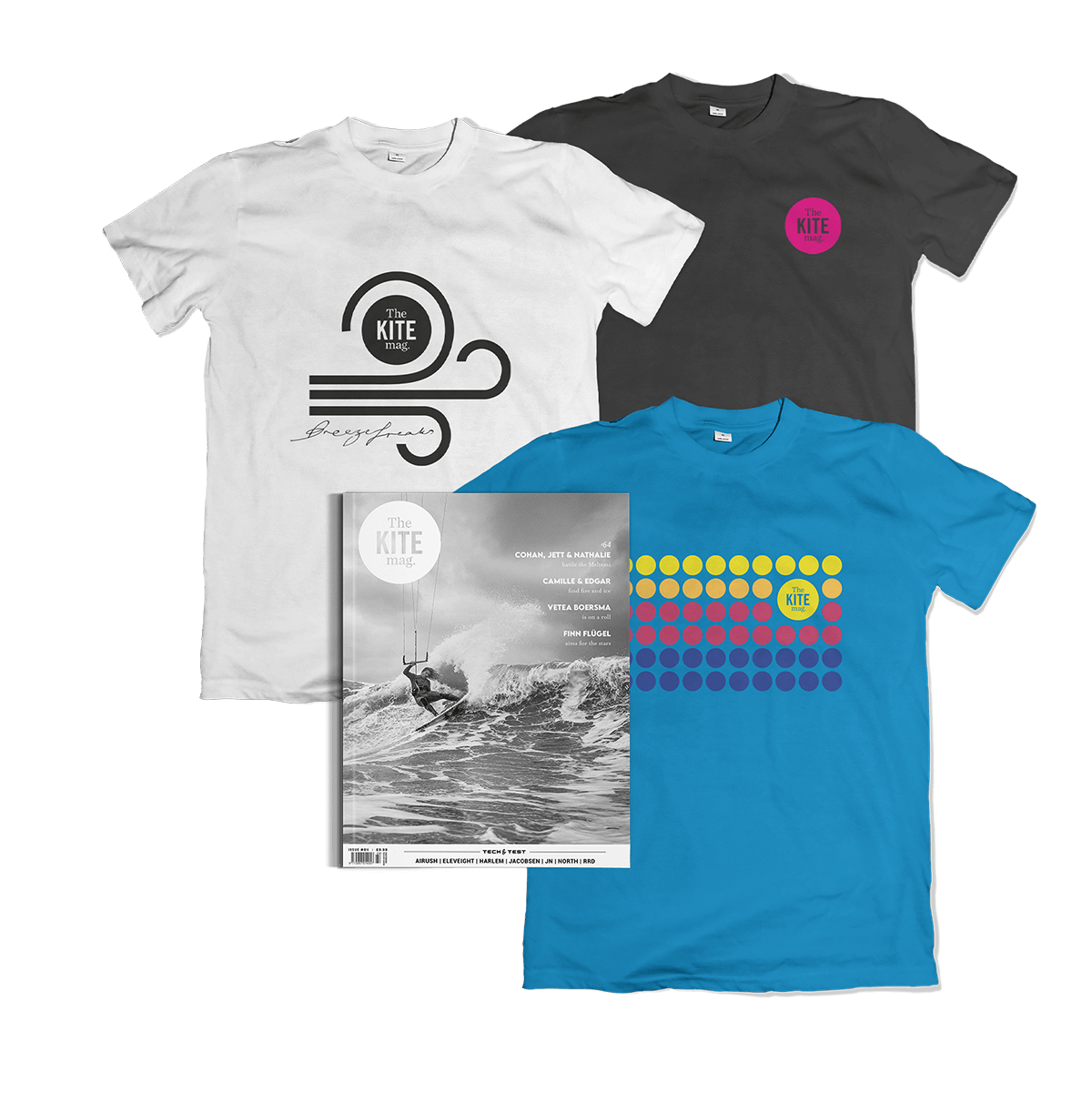The next morning I met Robbo in the surf. He high-fived me and said, “That was special yesterday, sessions like these don’t happen often.” It was only day five of my trip, and I felt on top of the world. Well, as so often happens in life, the higher you fly, the further you fall… When heavy rain set in the next day, I didn’t think much of it. Although the forecast predicted rain and zero swell or wind as far as it showed, I convinced myself not to believe it. What I didn’t know was that what the locals call the “Bogi Walu” had hit, a weather phenomenon that can arise around big high-pressure systems. Highs can intensify the trade winds in the tropics, in particular around the outside of the system. These enhanced trades can reach between 30-40 knots and it’s usually overcast with a high likelihood of rain. Being anchored in that much wind out to sea can get really dangerous.
Camara had to be moved to Musket Cove, a safe and well-protected anchorage far away from the surf. Bogi stands for “eight” and walu for “nights” – do the math! Basically, the weather was complete crap till my time on the dream boat Camara was over. But it wasn’t all bad. Whilst stuck in Musket Cove, some random coincidences led to me bumping into a windsurfing mate from Spain whom I hadn’t seen in over a decade. So I joined him and his mates, a bunch of Kiwi surfer mad dogs on their 46ft custom high-performance catamaran for five crazy days. I slept on an emergency fold-out bed in the aisle, but I couldn’t care less. The swell was pumping, and we lived it up, celebrating the moment, anchored right at Cloudbreak.
Starting the last leg of my trip, I moved into a homestay in Nabila Village on the west coast of Viti Levu. I was excited to experience the traditional Fijian culture first-hand and to live so closely with these beautiful island people who have the reputation of being the happiest, genuinely kindest folk in the world. The super rich high-end holiday industry, with mega yachts and exclusive island resorts, is in stark contrast with Fiji’s local people’s lifestyle where little suggests the modern world has infiltrated. Life revolves around the family in Fijian culture and it is common for households to be multigenerational. Walking through the village, beautiful big white smiles would call out “Bula” (“hello” in Fijian literally meaning ‘life’ and ‘health’). A few days into my stay in Nabila, stepping outside with my morning coffee, I noticed smoke at the other end of the village. I went to investigate. A big bunch of the village men had gathered. “Bula Gabi, come, come! We’re making lovo, it’s the priest’s birthday today, big big party, hundreds of people coming!”
The term ‘lovo’ refers to an underground oven reserved for special occasions in Fijian villages to cook traditional feasts. Used here for centuries, the specifics of this cooking method are passed down from generation to generation. Kindling and firewood layered up on stones in a pit dug into the ground get lit. Once there are hot coals and glowing rocks, anything from meat to fish and vegetables wrapped up in beautifully braided banana and palm leaf parcels or foil is added, before the whole mound is covered with soil and left to slow cook for several hours. A whole pig was put on, and so were dozens of chickens and veggies. Village women of all ages were sitting in a group together chopping, slicing and preparing. I joined in and gave them a hand. The preparations took all day. In the presence of over a hundred people from several villages, the priest was celebrated with a long speech and presents before the feast was served buffet style, with music and dancing until late into the night.

